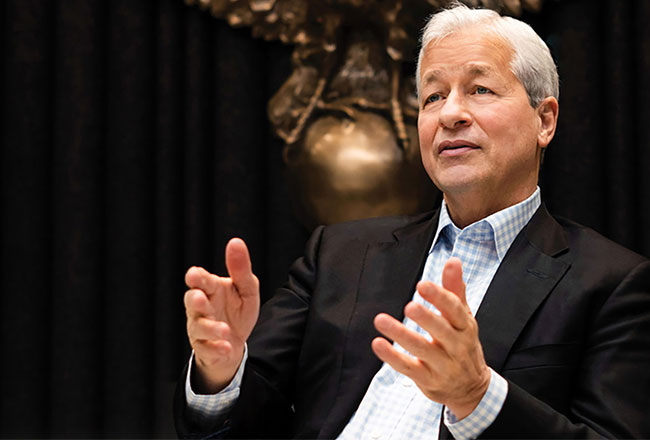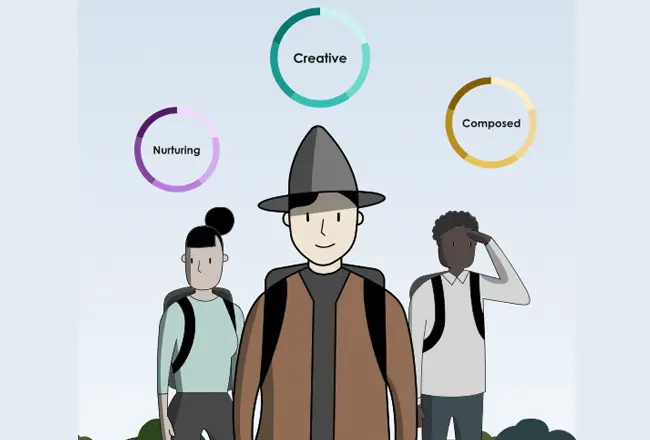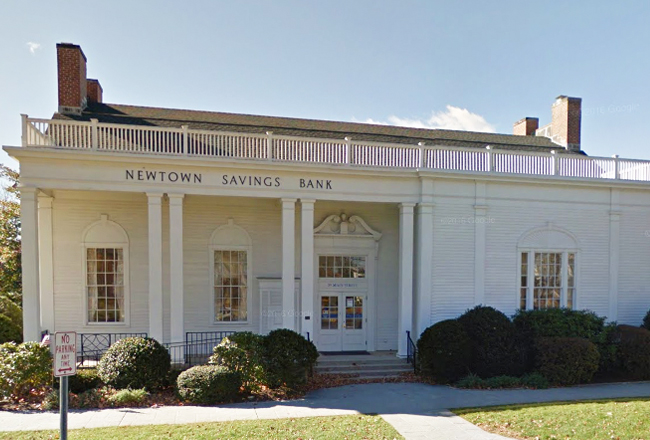JPMorgan Chase says that between now and the end of 2030 it will be working to finance and facilitate various efforts to create more than $2.5 trillion worth of actions that advance climate change solutions and contribute to sustainable development. Chase said it will bring together its capital and expertise to help clients, customers and communities.

Jamie Dimon, chairman and CEO of JPMorgan Chase, said, “Climate change and inequality are two of the critical issues of our time and these new efforts will help create sustainable economic development that leads to a greener planet and critical investments in underserved communities.”
Dimon said that JPMorgan is committed to doing its part.
“Business, government and policy leaders must work together to support long-term solutions that advance economic inclusion, bolster sustainable development and further the transition to a low-carbon economy,” Dimon said.
JPMorgan explained that $1 trillion of the $2.5 trillion effort would be focused on cleaner energy and facilitating the transition to a low-carbon economy. It noted that since 2016, it has financed $210 billion in similar projects.
It also plans to finance and facilitate transactions that support socioeconomic development and quality of life in developing countries and in developed markets will focus on small business financing, home lending and affordable housing, education and health care.
Dimon and JPMorgan Chase were the targets of critics recently when Dimon”™s 2021 letter to shareholders highlighted the company”™s commitment to clean energy while failing to note that, according to the critics, JPMorgan has provided $317 billion in fossil fuel financing since the Paris Agreement on climate change was adopted, 33% more than any other bank.
Ben Cushing of the environmental activist Sierra Club reacted to that letter by saying, in part, “Financing clean energy does not cancel out the climate impact of being the world”™s largest fossil fuel funder, and no amount of hot air from Jamie Dimon can change that. The business plans of fossil fuel companies, especially those that are expanding exploration and production while we need a rapid managed decline, are fundamentally at odds with achieving the goals of the Paris Agreement. Any bank that refuses to acknowledge that is not a climate leader. ”
Last year, during a speech to the Society of the Four Arts in Miami, Dimon declared, “Climate is a serious issue. And there are potential catastrophic outcomes. Most of Florida will be gone in 30 years.”
He characterized the Paris Agreement as feel-good diplomacy and said serious policies are needed such as a carbon tax. He said financing of current fuel production can”™t stop or people won”™t eat and there will be a global recession or depression.





















